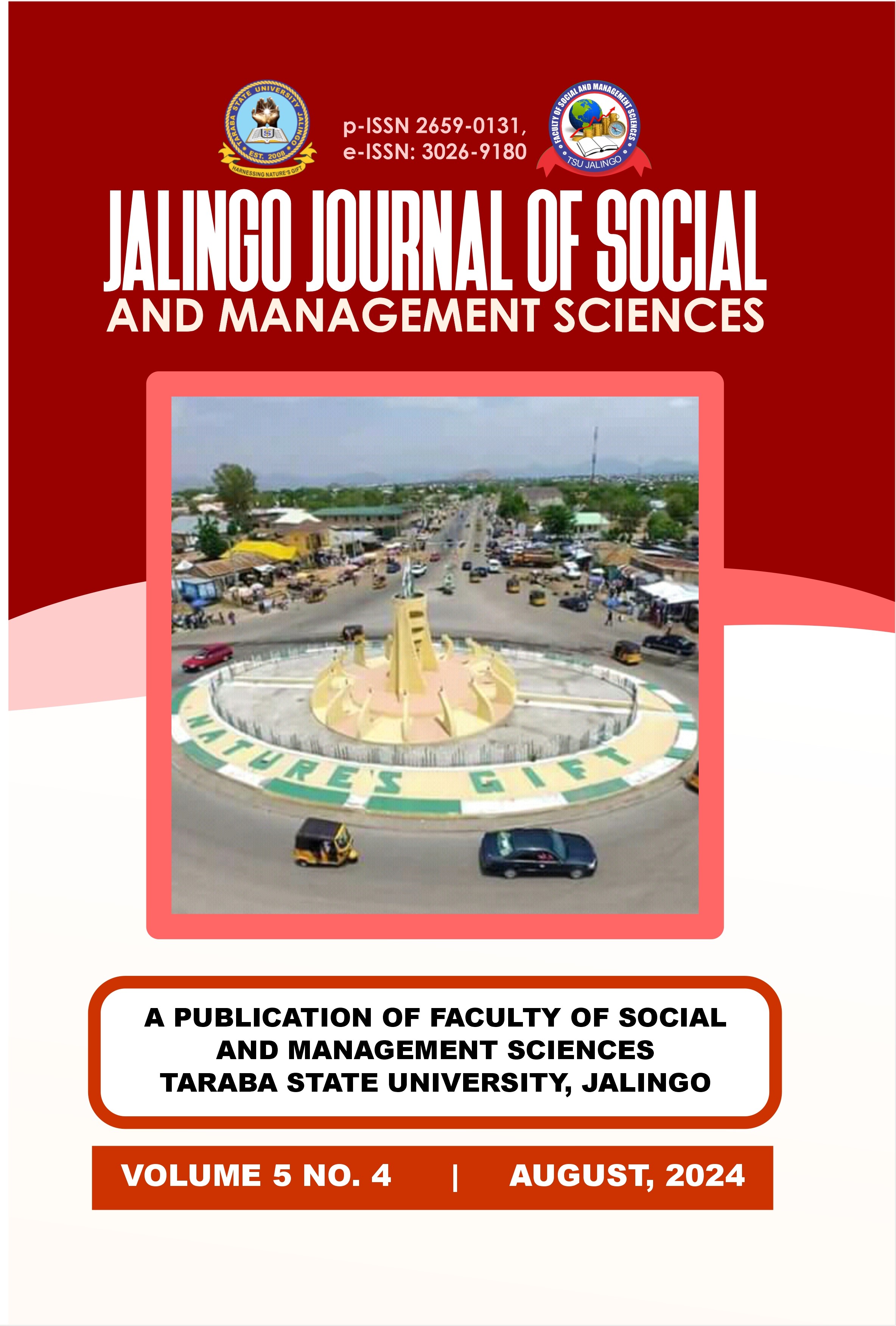The Use of Tillage Methods to Mitigate the Effects of Climate Change in Savanna Ecological Zone of Kwara State, Nigeria
Keywords:
Tillage Methods, Farmers, indigenous knowledge, climate change, Mitigation, AdaptationAbstract
Several indigenous local technologies in use have recorded huge successes especially among peasant farmers. These local technologies were handed down from one generation to the other and are still in vogue till today. Recently, evidences have shown that farmers are not eager to adopt or invest in management practices provided by agricultural extension workers which are known for their efficiency in combating land resource degradation issues and adaptation to climate vagaries but prefer to use the indigenous methods of combating weather fluctuations. The study aims at assessing the use of indigenous knowledge in application of tillage methods towards climate change mitigation and adaptation in the savanna ecological zone of Kwara State. Participatory Rural Appraisal (PRA) using focused group discussion was used to interview groups of farmers and key informant to assess the current perception of the farmers with respect to their choice of tillage and climate variation management at Bolorunduro and Jimba Oja farming settlements. The findings of the study reveals that several of the farmers make use of conservative/traditional tillage in the farming settlements and climatic variation have been controlled through the use of historic methods handed down from one generation to the other such as irrigation, land fallow system, avoidance, crop rotation among others. Based on the findings, the study recommended that intervention of government in providing promptly weather forecast for appropriate actions to be taken by farmers as well as improved or hybrid plant varieties that are resilient to climate change.

Downloads
Published
Issue
Section
License
Copyright (c) 2024 JALINGO JOURNAL OF SOCIAL AND MANAGEMENT SCIENCES

This work is licensed under a Creative Commons Attribution-NonCommercial 4.0 International License.
